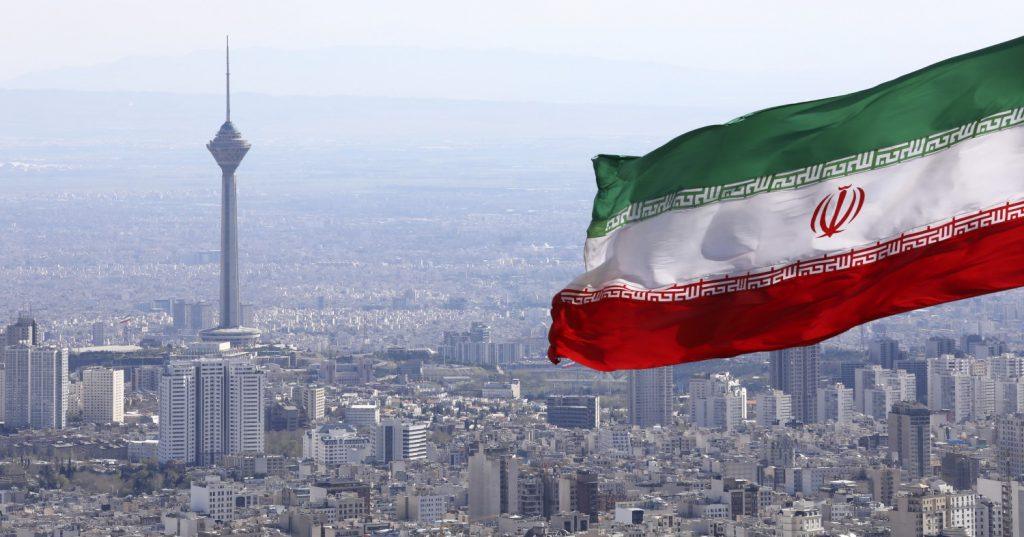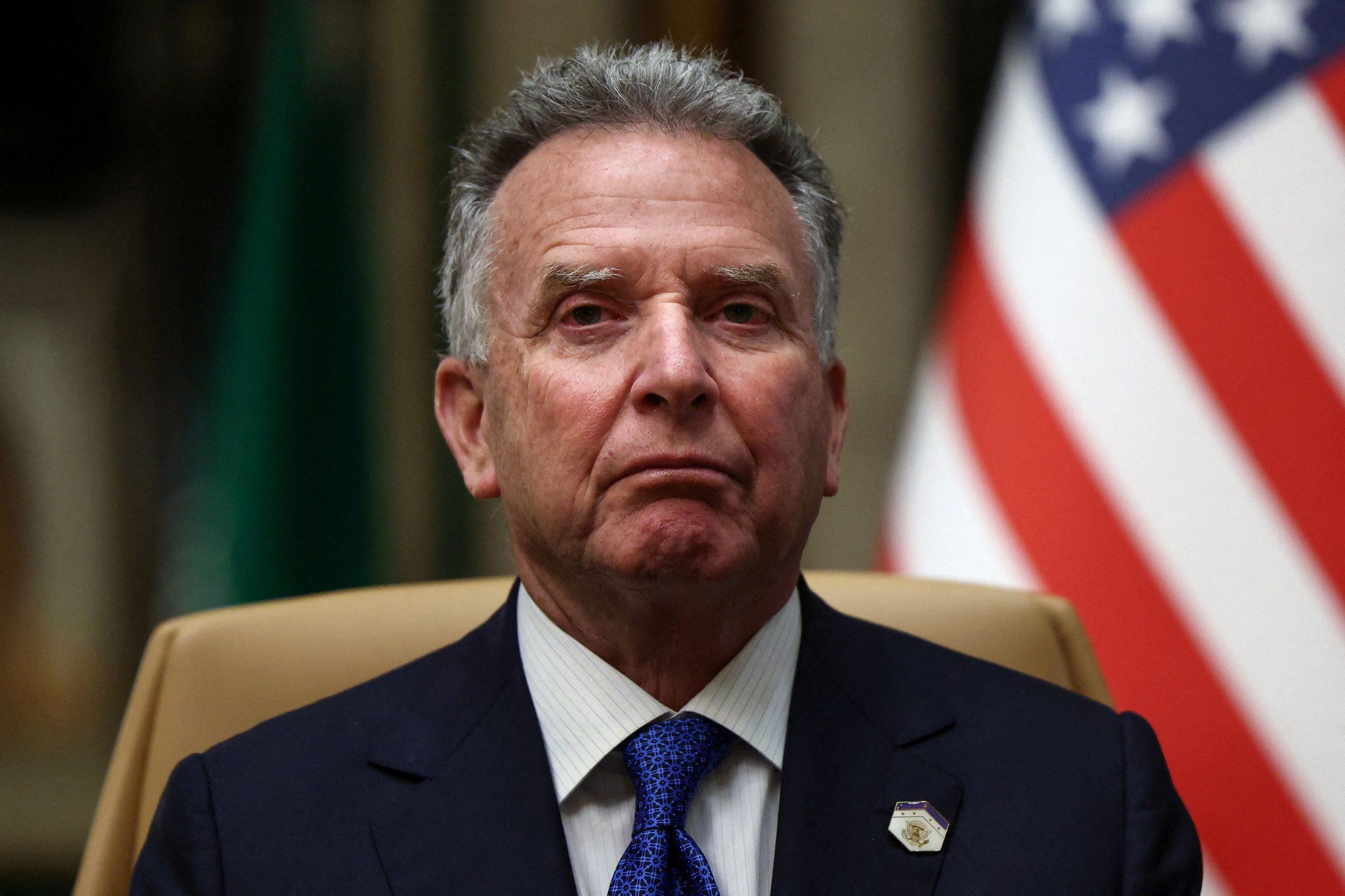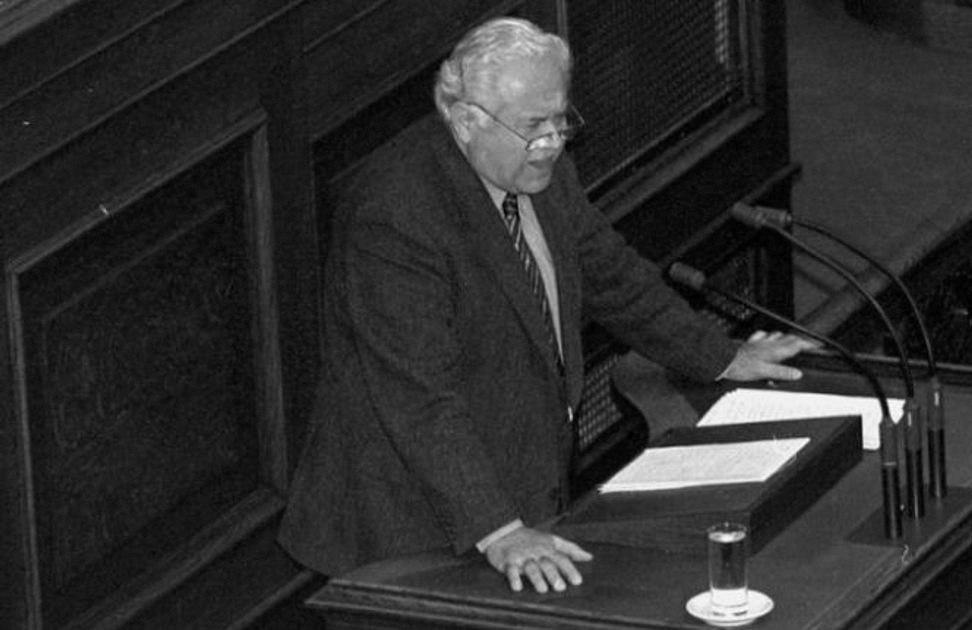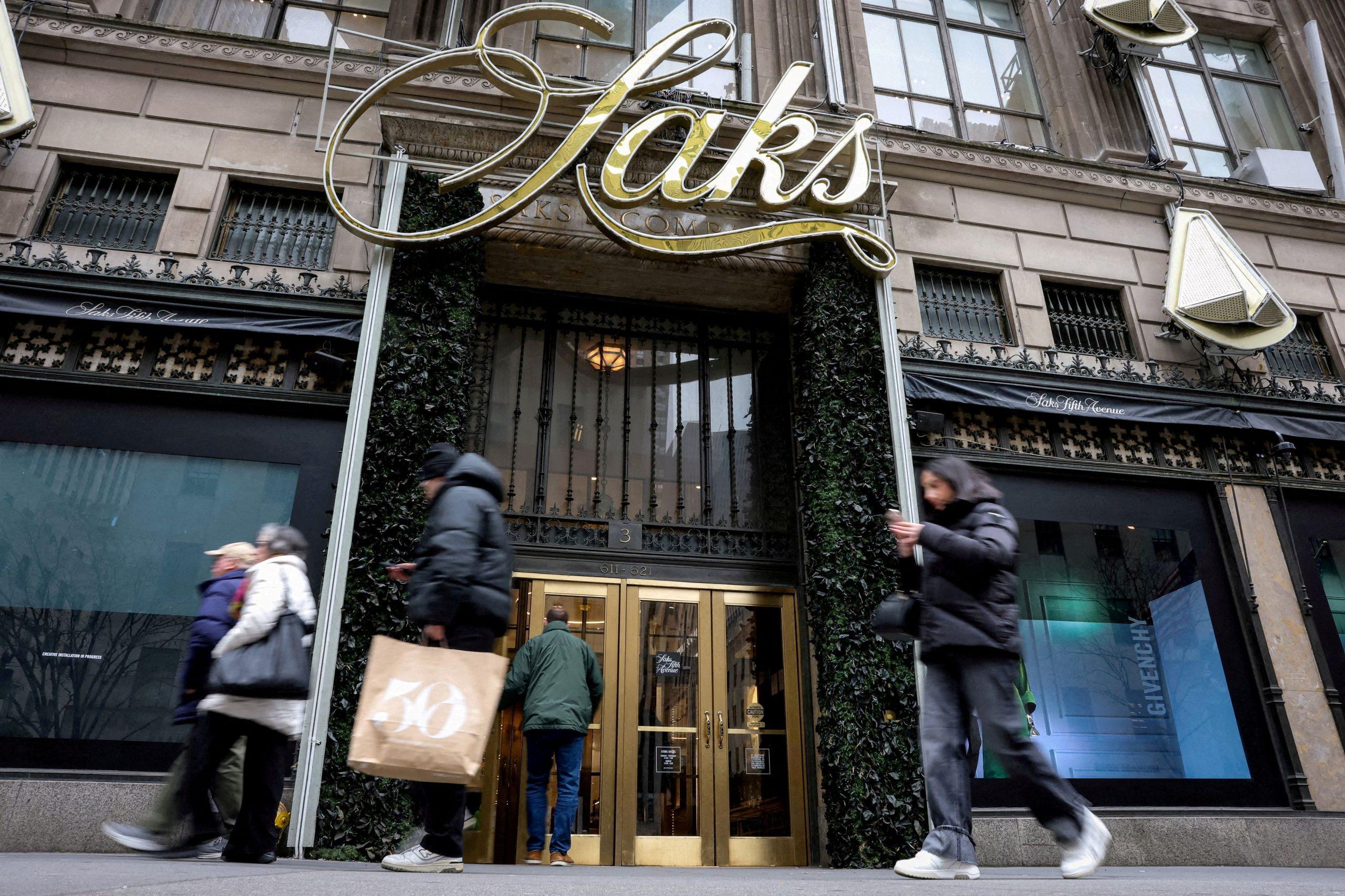Less than 48 hours after Athens and Greek media picked up on a decision by the Libyan House of Representatives to create a “study” committee on a maritime deal signed by a previous Tripoli-based provisional government with Turkey, a report on Wednesday by Middle East Eye has Greece seeking Egyptian intervention to prevent the Khalifa Haftar-controlled east from ratifying the agreement.
The timing of the report, which the news site bills as an “exclusive”, coincides with the same-day visit to Cairo by Greek Foreign Minister George Gerapetritis, which was hastily arranged due to a serious judicial challenge by the Egyptian state threatening the venerable Greek Orthodox monastery of St. Catherine of Sinai.
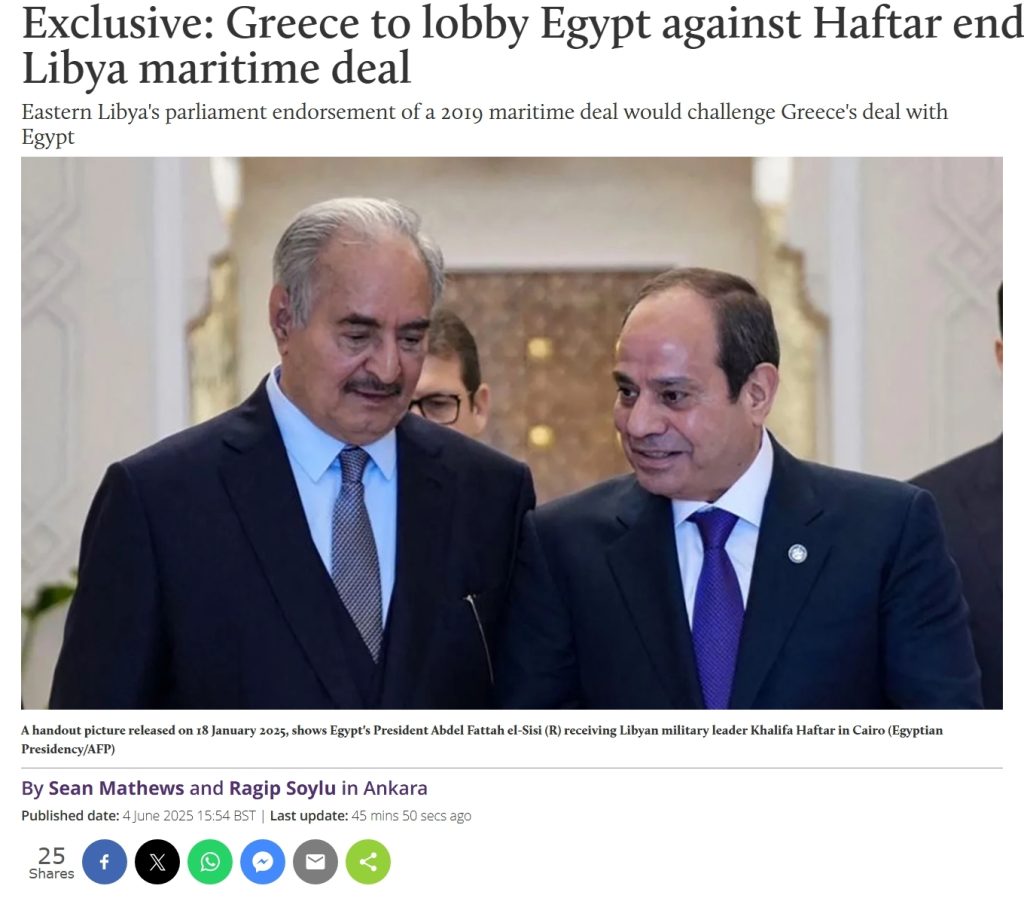
Nevertheless, the prospect of a ratification of the agreement – considered as illegal by Greece, among others – by the east Libya legislature controlled by General Haftar generated a diplomatic and media commotion in Athens. The article, bylined by Sean Mathews and Ragip Soylu, stated that Gerapetritis is expected to broach the issue with his Egyptian counterpart Badr Abdelatty.
Libya’s then internationally recognized Government of National Accord (GNA) signed an unprecedented maritime delimitation agreement with Turkey in 2019 that, among others, ignored every inch of Greek territory (islands) in between the two disparate countries on opposite coasts of the Mediterranean (Turkey, Libya), in an attempt to carve out Exclusive Economic Zones (EEZ) without reference to UNCLOS, Greece or other regional states. As the website reminds, Greece signed its own maritime agreement with Egypt the next year, 2020, – with provisions, however, this time based on the United Nations Convention on the Law of the Sea (UNCLOS).

According to MEE:
“…Any move by eastern Libya to endorse Turkey’s position would represent a sea change for the eastern Mediterranean, where regional actors hope to develop potentially lucrative natural gas deposits. It would be a major boost for Ankara’s bid to assert itself as the dominant maritime power in the region as it would put all of Libya’s factions in line with Turkey’s claims. If the deal is pursued it could reawaken maritime tensions in the region which saw Greece and Turkey edge close to conflict in the summer of 2020. Greece and Cyprus are already alarmed. But any recognition of Turkey’s maritime claims could also irk Israel. Greece, Cyprus and Israel want to develop gas fields in the eastern Mediterranean and build a subsea electrical inter-connector, but those projects have stalled. If Haftar-controlled eastern Libya ratifies the maritime deal, it could provide cover to Syria’s new government to strike its own accord with Ankara that includes Northern Cyprus, a breakaway region whose independence is recognised only by Turkey, one of the regional officials told MEE.
Saddam Haftar opens dialogue with Turkey
Eastern Libya would also find itself in direct confrontation with the Egypt-Greece maritime agreement. Cairo did not recognise all of Greece’s claims to exclusive economic zones via its islands in that 2020 agreement, but a wide swath of it contradicts the Turkey-Tripoli deal. The Tobruk-based Libyan House of Representatives in June established a committee to review the deal Tripoli endorsed. Just a few years ago, it would have been unthinkable for Haftar-controlled eastern Libya to consider signing a maritime deal with Turkey. The shift represents just how fast the region is reordering itself.
In 2019, Haftar launched a months-long offensive to take Tripoli with the backing of the UAE, Egypt and Russia. Turkey successfully intervened to defend its ally, sending mercenaries, soldiers and drones. But Khalifa Haftar is now courting Turkish support. In April, his son and potential successor, Saddam, paid a landmark visit to Ankara.
A Turkish source familiar with Libya’s relations with Ankara told MEE that Haftar and his sons are currently aiming to deepen their relationship with the Turkish government, and would likely keep this issue in limbo rather than approving or declining the maritime deal right now.
Libya’s eastern and western governments are jockeying for influence and access to the country’s oil riches – the largest in Africa. The government in Tripoli is led by Prime Minister Abdul Hamid Dbeibeh. Eastern Libya is led by Haftar, and its parliament in Tobruk is headed by Aguila Saleh.
Bilgehan Ozturk, a non-resident research associate at the Global Institute for Strategic Research (GISR), said that the move by the government in eastern Libya wasn’t likely to produce any concrete results. Ozturk told MEE that Aguila Saleh was seeking relevance as Dbeibeh and Haftar renewed their international engagements. “The likelihood that Saleh’s manoeuvre will have international consequences is very slim,” he said. “These are manoeuvres aimed at the internal power struggle.”
Greece was able to lean on Egypt in 2020 to counter Turkey because ties between Ankara and Cairo were strained. Libya was just one flashpoint in the relationship. Egyptian President Abdel-Fattah el-Sisi came to power after leading a 2013 military coup, that overthrew Egypt’s democratically elected Islamist president, Mohamed Morsi. He was an ally of Turkish President Recep Tayyip Erdogan. As late as 2019, Erdogan refused to recognise Sisi’s legitimacy. However, in recent years Ankara and Cairo have patched up ties.
Any effort by Egypt to lobby eastern Libya against the Turkey deal could inflame tensions in the recently thawed relationship.”
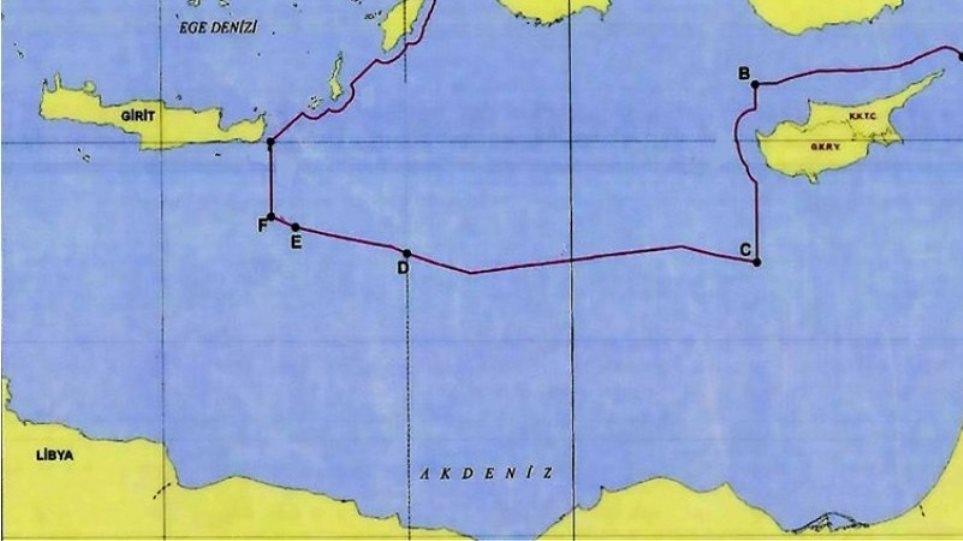
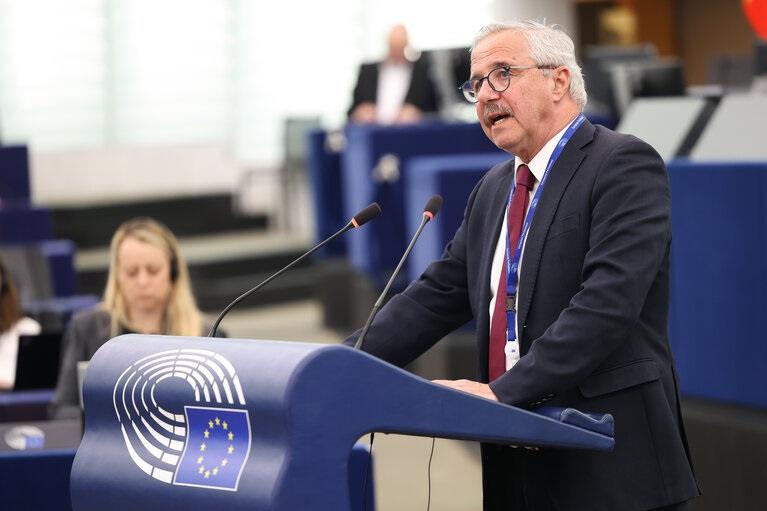





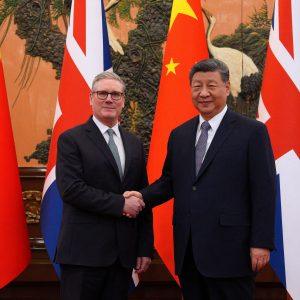






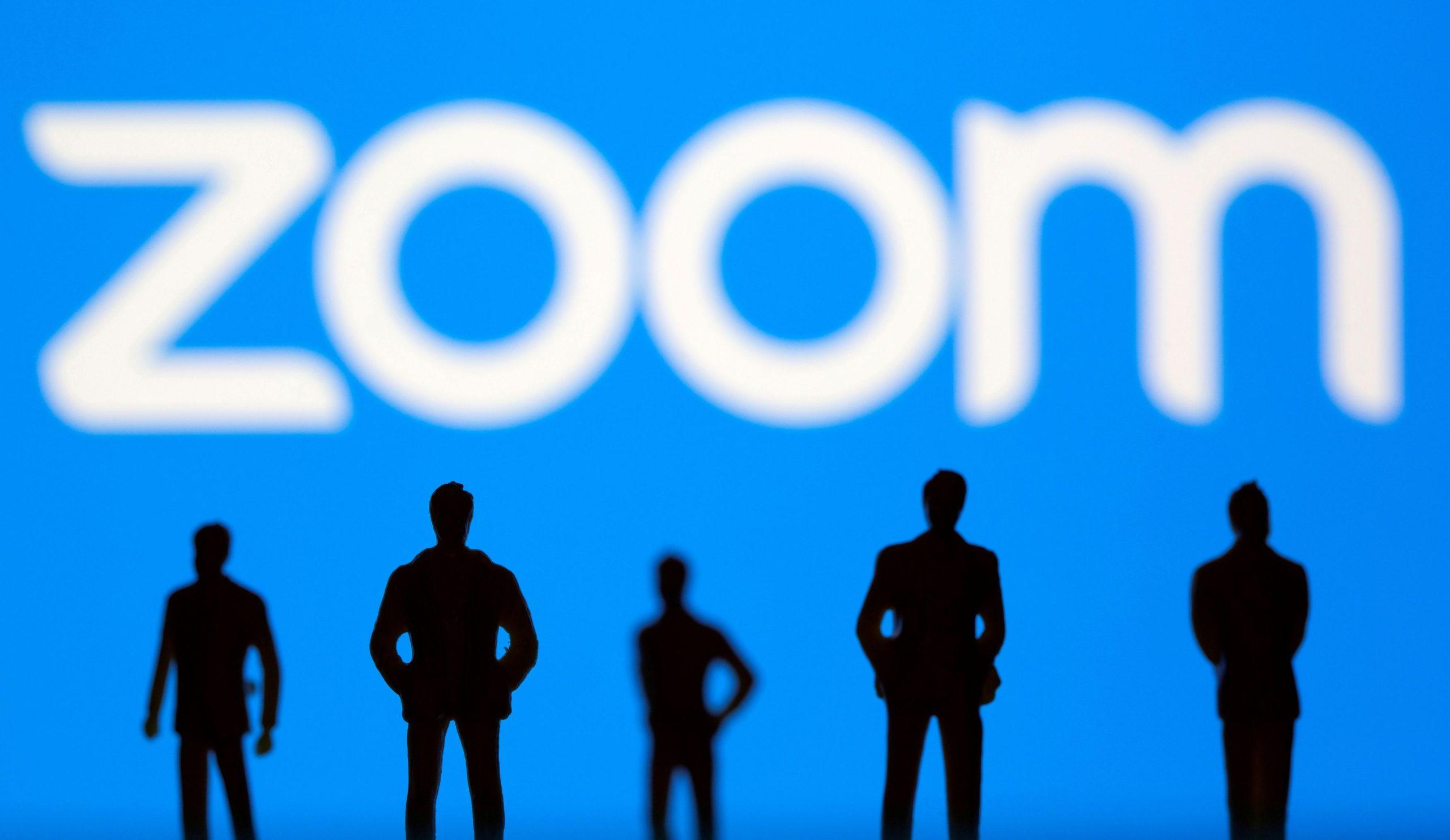
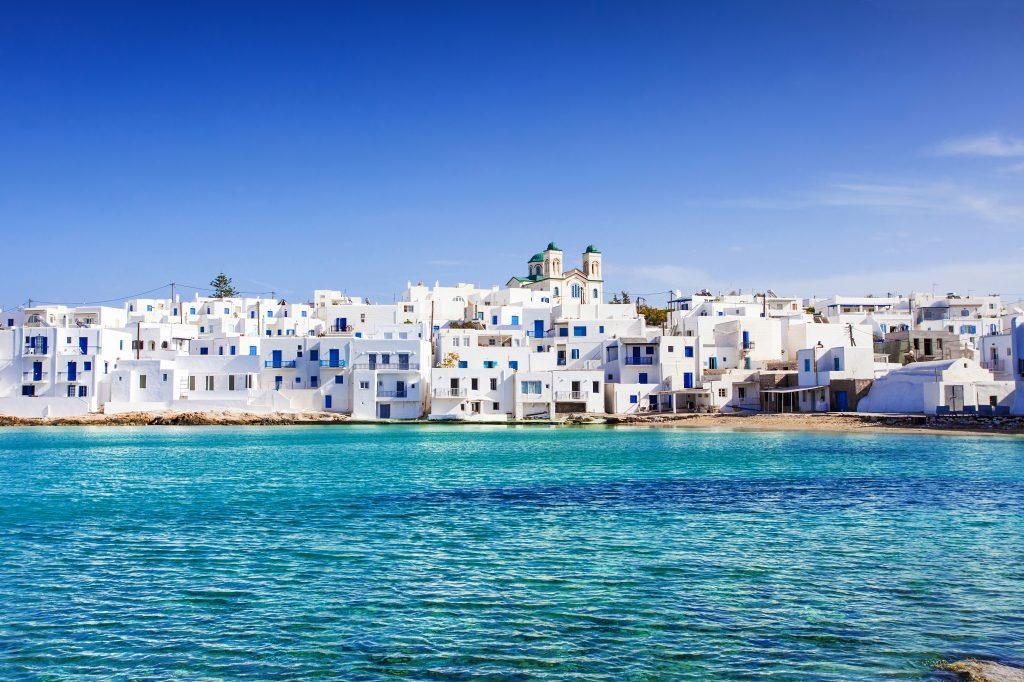
![Γραφεία: Πόσο πωλείται το τ.μ. – Οι φθηνές, ακριβές περιοχές [γραφήματα]](https://www.ot.gr/wp-content/uploads/2026/01/grafeia.png)
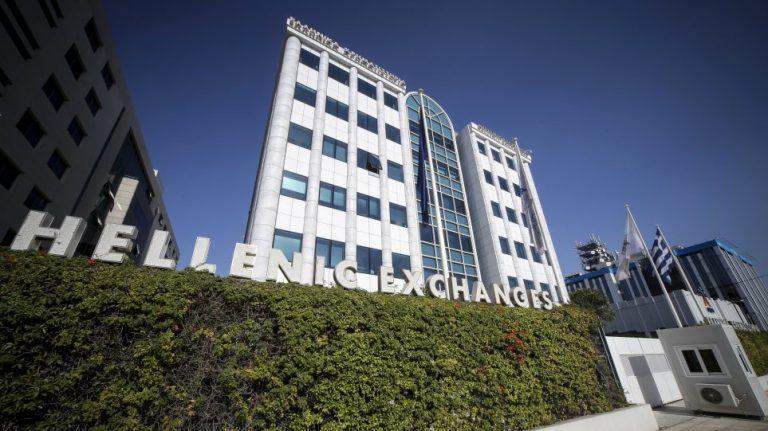

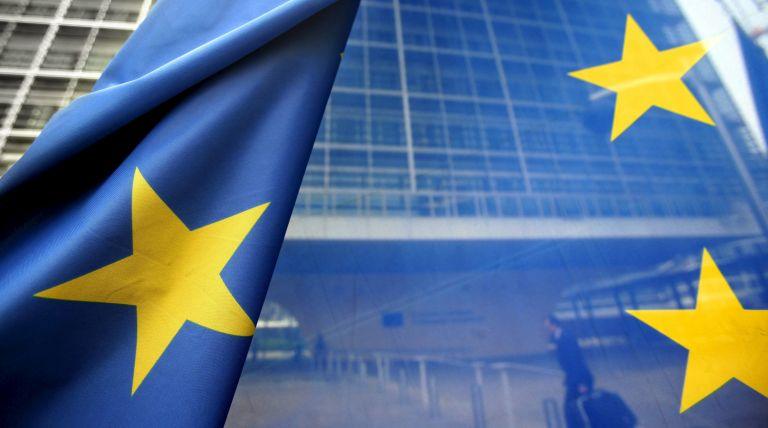

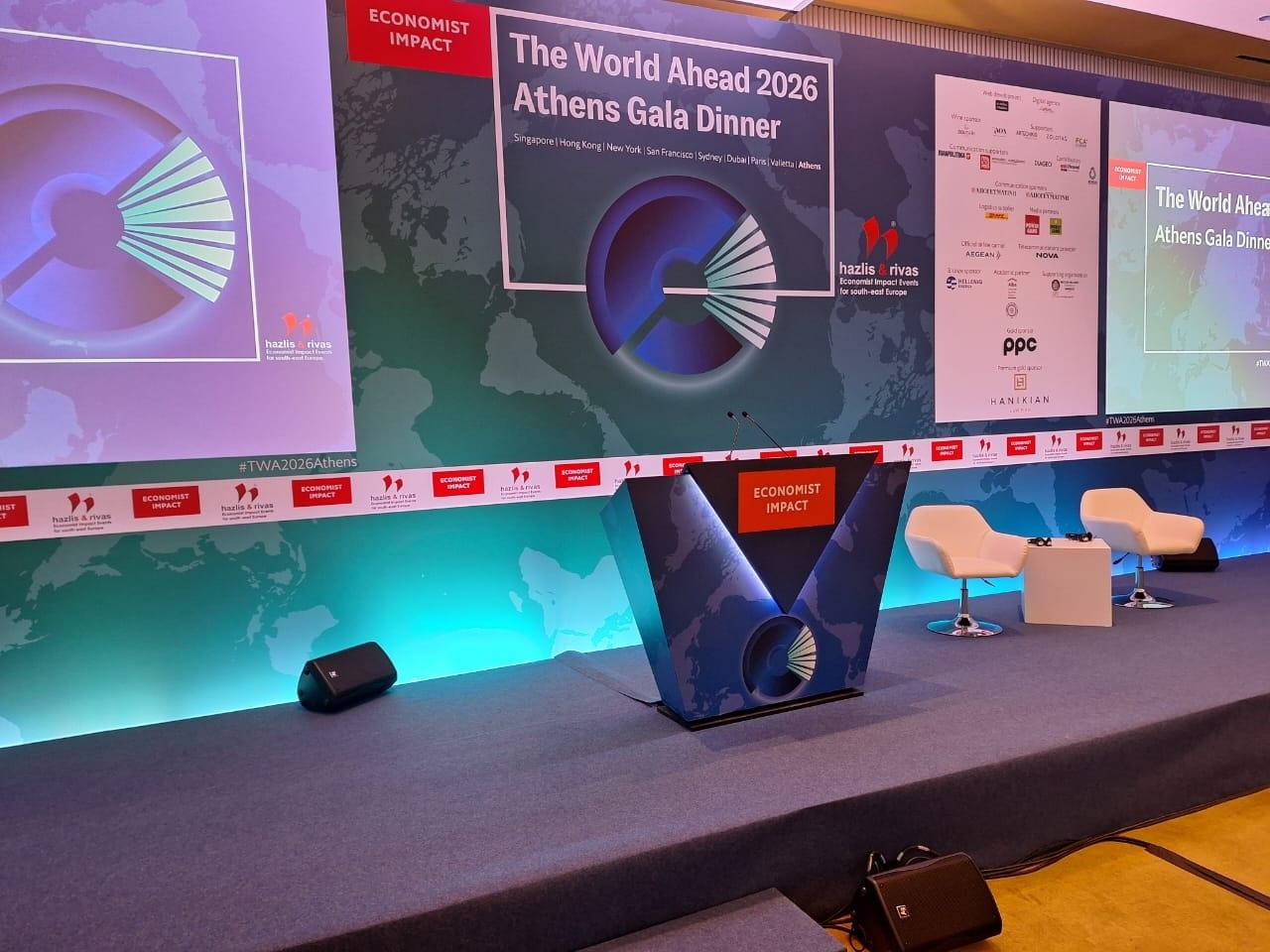





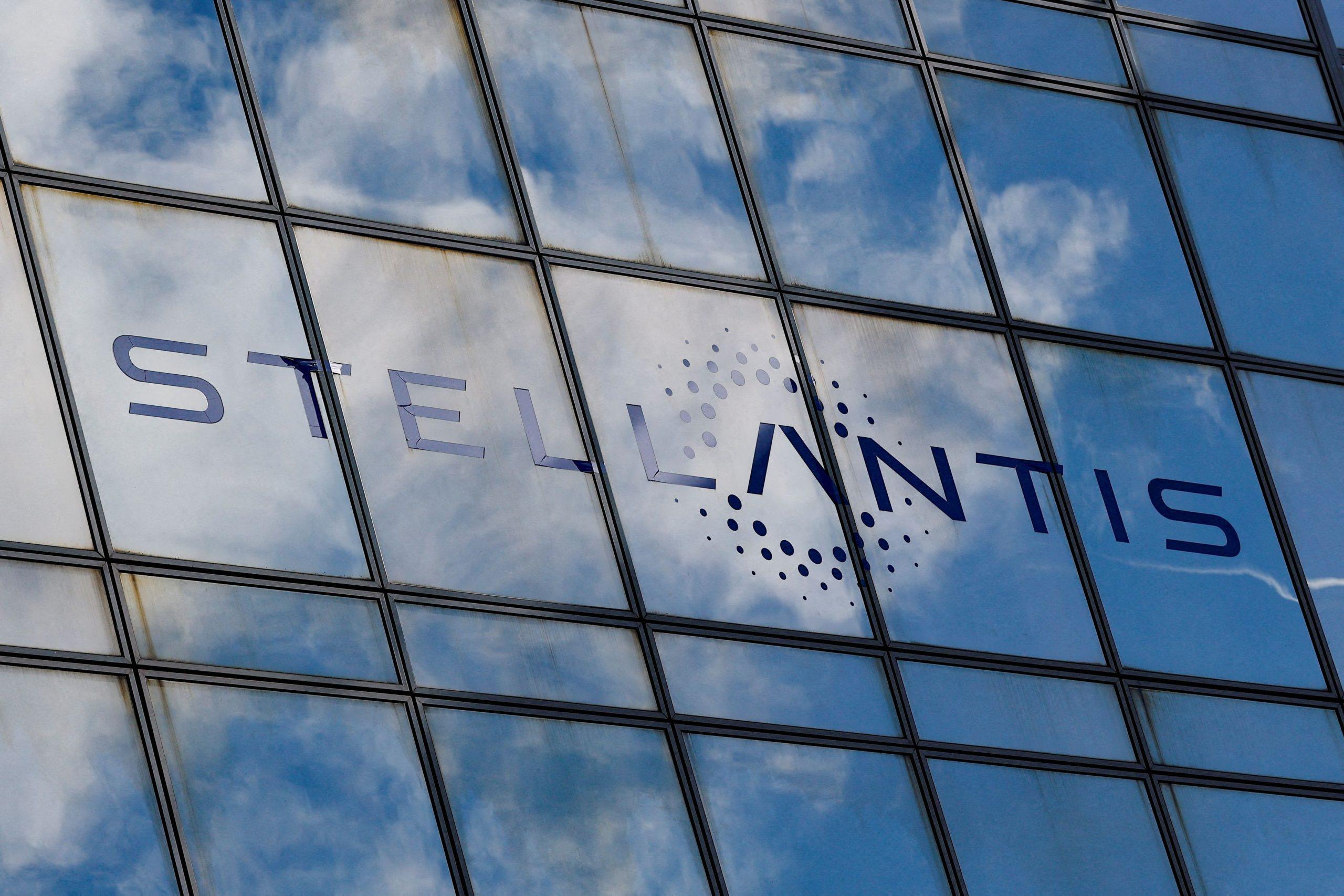
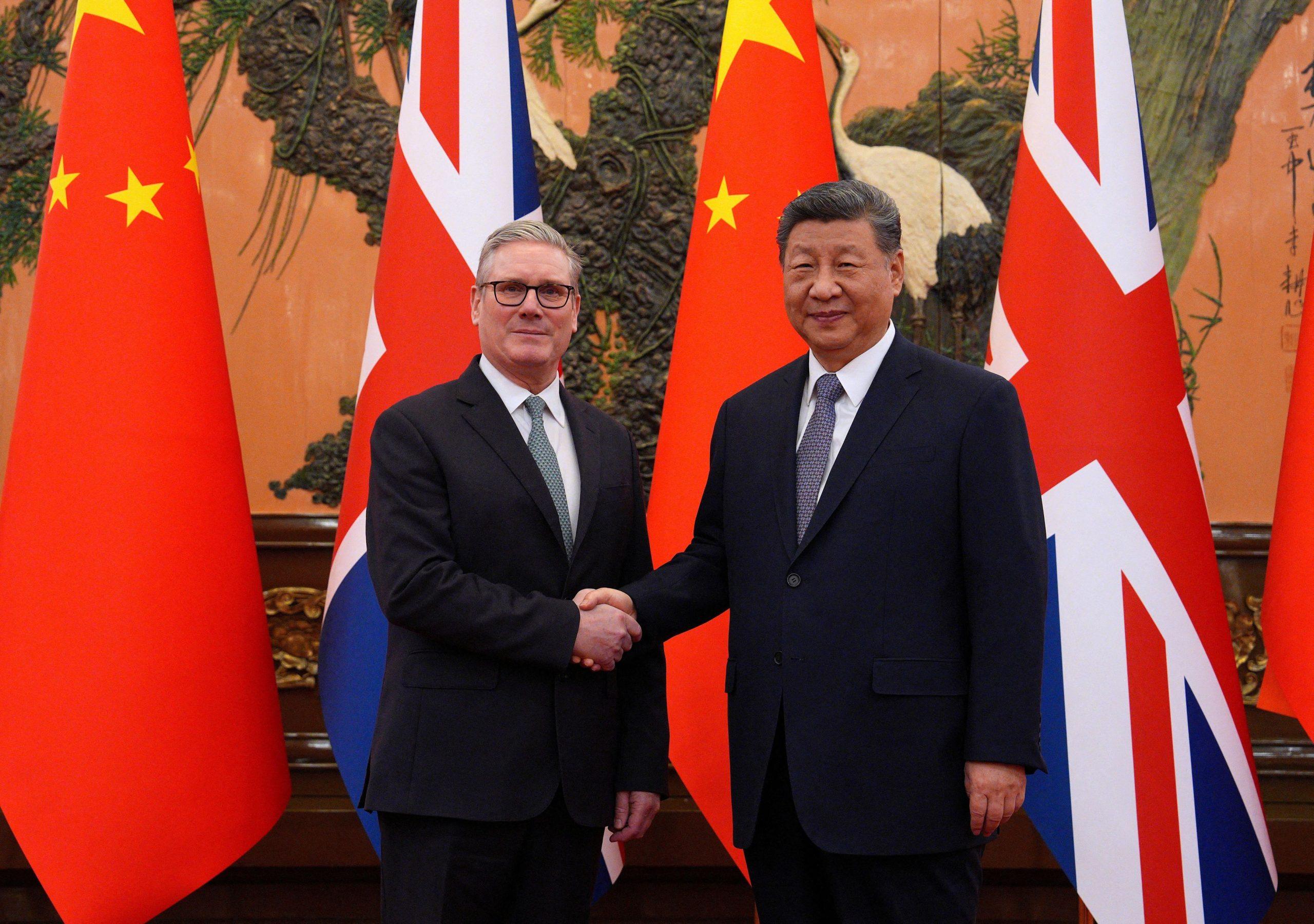





![Ρωσία: Η πολεμική μηχανή του Πούτιν ξεμένει από καύσιμα [γράφημα]](https://www.ot.gr/wp-content/uploads/2025/10/RUSSIA-MARKETS-1024x654-1-768x491-1.jpg)
